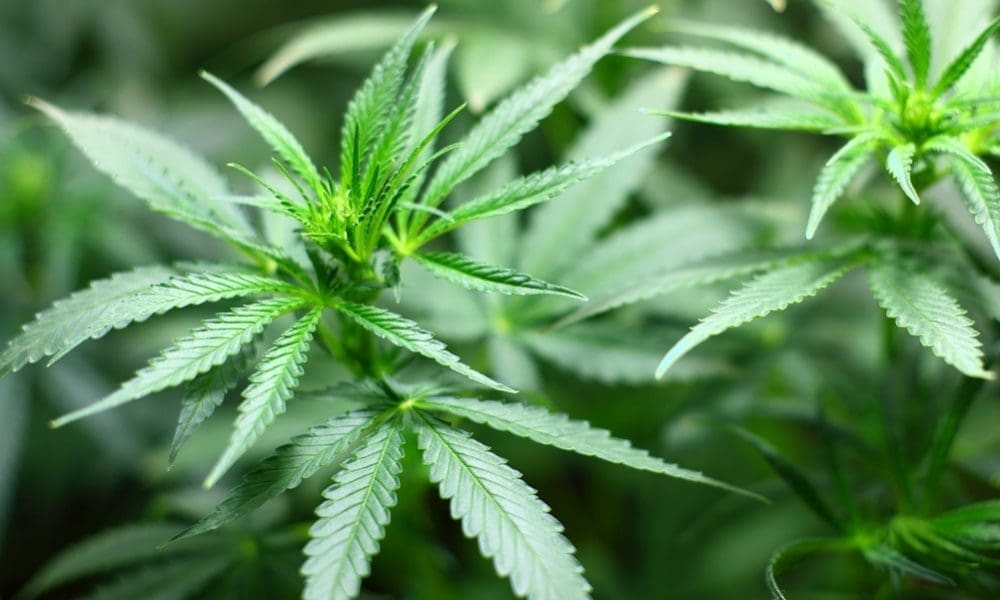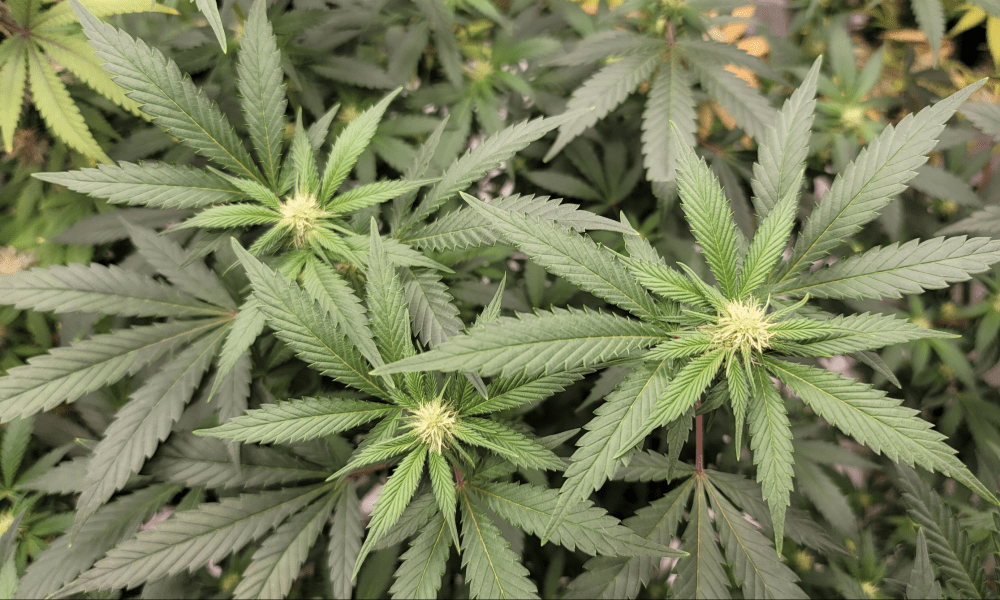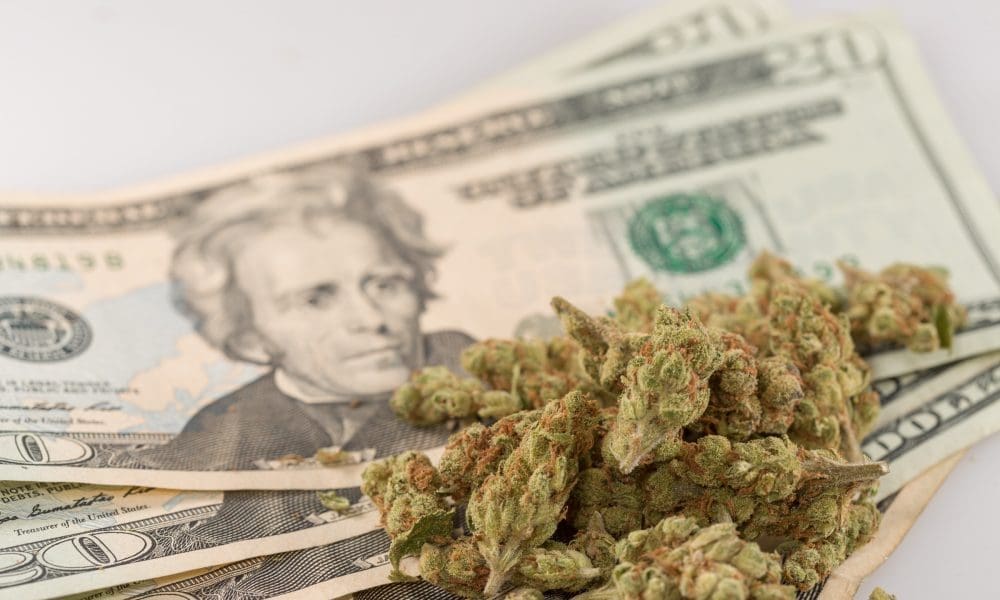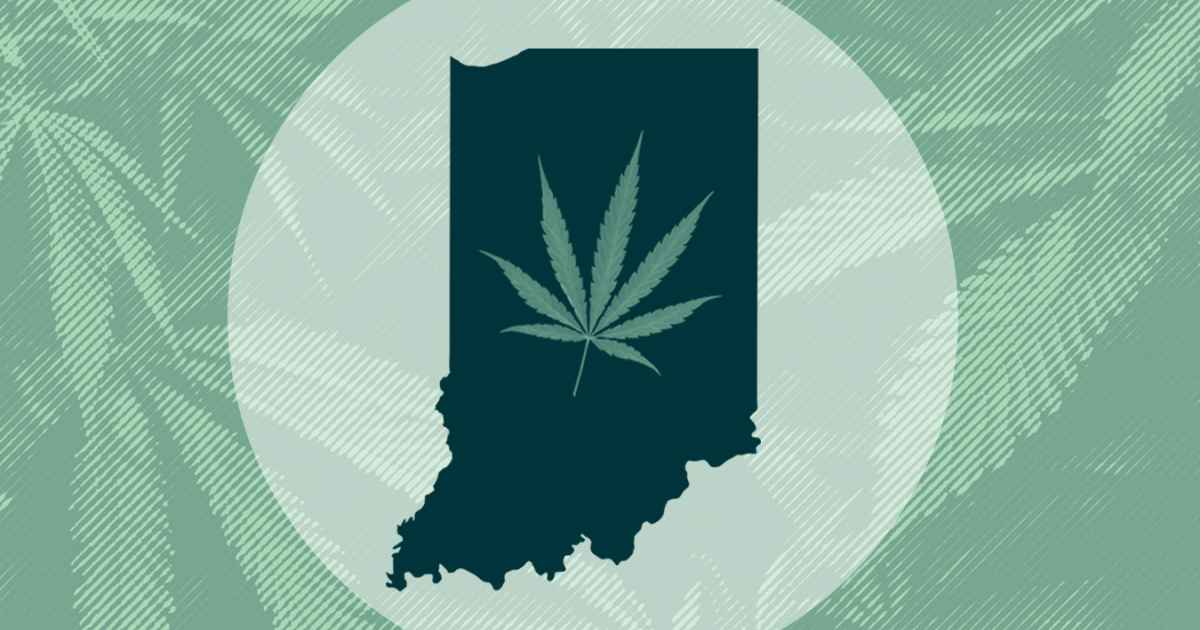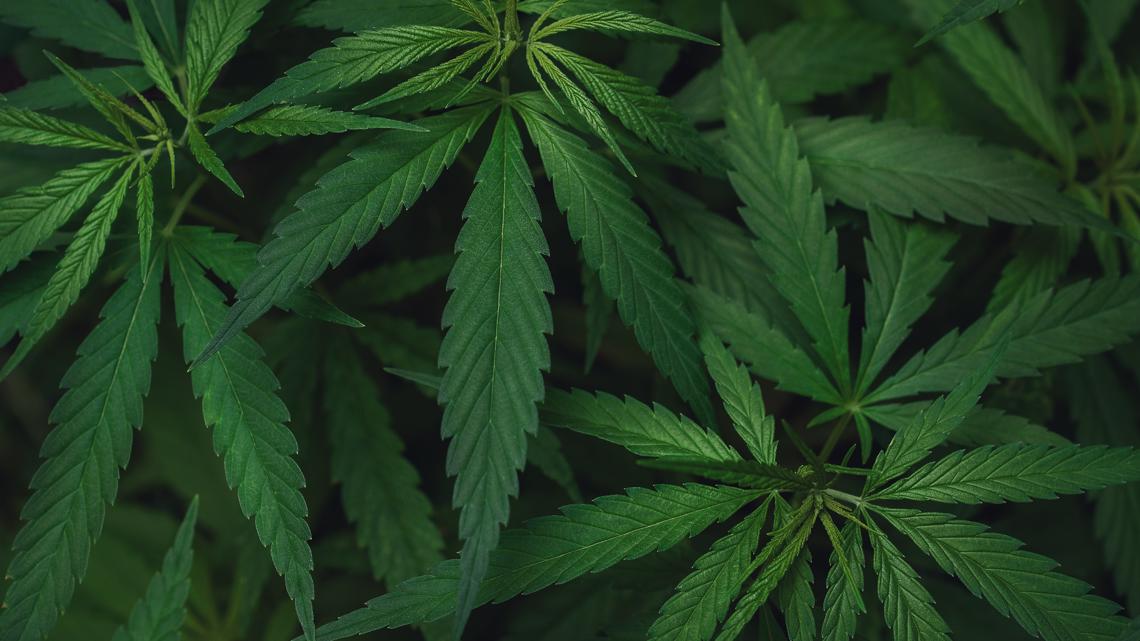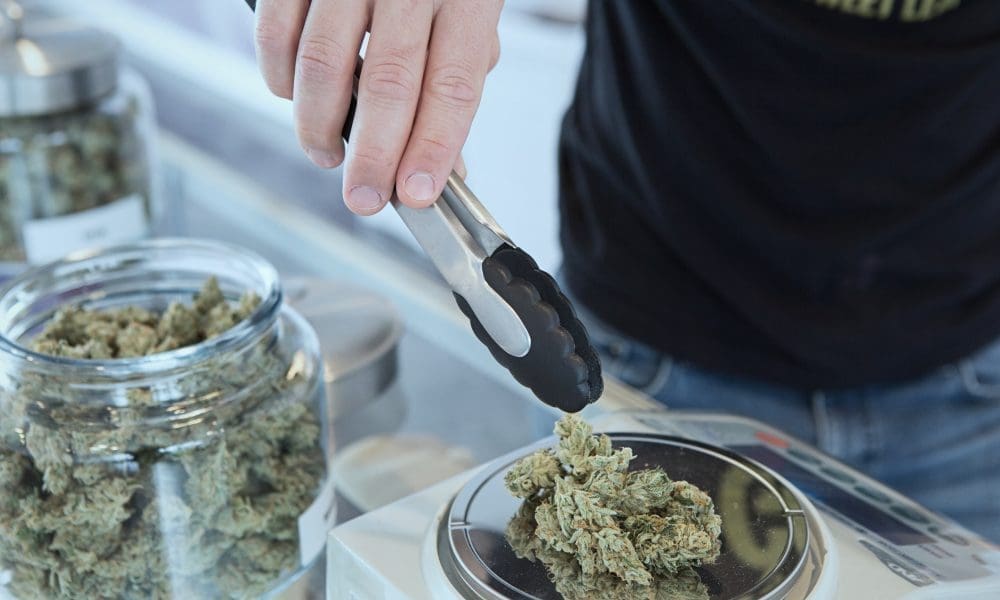
Ohio Regulators Issue Provisional Marijuana Licenses To Dozens Of Businesses, Readying Imminent Launch Of Adult-Use Sales
Ohio marijuana regulators have approved dozens of provisional licenses for existing medical marijuana operators to convert to dual-use licenses, setting the stage for a potentially imminent launch of the state’s recreational market. As of Friday afternoon, the Division of Cannabis Control (DCC)...
Indiana will be surrounded by cannabis stores. Why would our legislators not take action? Have to wait until February until the General Assembly session starts to make changes. Seems like a really oppressive regime.
The legislators are ignorant of the harm caused everyday by prohibition, and continue to endanger our society with unjust laws. They have refused to protect us.
"What are they going to do about it?" they say.

